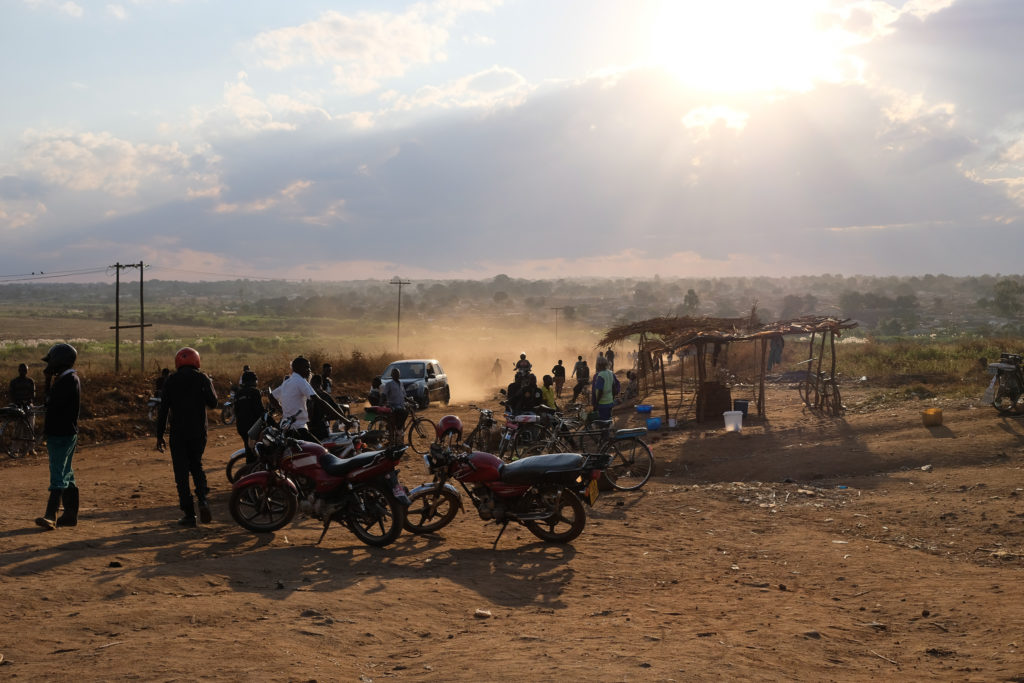Why is Malawi Poor?



Malawi is rich in democracy, peace, and spirit. But economically, Malawi is one of the poorest countries in the world. Why is Malawi poor? Hint: It’s complicated. To simplify, Orant has compiled a list of 5 main reasons.
This means importing and exporting goods is hindered. Which means Malawi lacks access to global markets. In addition, each of Malawi’s surrounding countries indirectly affects it. When there are issues in one, Malawi experiences spillover effects.
While farming for survival is a noble endeavor, it comes with challenges. Almost all of Malawi’s agriculture is rainfed. Depending on weather conditions, rainfed agriculture isn’t reliable. Not to mention that Malawi and other developing countries receive the brunt of climate change’s effects. Droughts and floods affect agricultural yield, which directly impacts food security. Additionally, Malawi’s economy is strongly dependent on tobacco, which accounts for 69.5% of Malawi’s total exports—a fact that is increasingly problematic for Malawian families given the declining global demand for tobacco products.
There are also limited non-farming economic opportunities. Because of this, people don’t specialize. With a lack of specialized jobs and economic opportunities, the country has limited economic growth overall.
The Malawi Vision 2063 (from the United Nations and National Planning Commission of Malawi) points out that Malawi has challenges with over-regulations. Political interference and control limit market competitiveness, land accessibility, and even environmental sustainability.
And because the markets struggle to grow, there is minimal investment. It’s a vicious cycle. To make matters worse, this cycle causes a lack of US Dollars, the world reserve currency. As such, Malawi is more susceptible to inflation and price changes.
Diseases are a vast problem for the citizens of Malawi. When a family member gets sick, other members often have to sell belongings, withdraw school payments and cut back on daily food consumption.
To make medical payments, the patient’s family often has to sacrifice their education, nutrition and personal belongings. Disease causes substantial impoverishment.
It’s complicated.
As the Malawi Vision 2063 states, Malawi’s best years are ahead of it. Youth development and empowerment will help Malawi’s future economy flourish. Malawi is in a perfect position to one day achieve in-country self-sufficiency.
This is the excerpt, you should write 1-2 sentences about this blog post here
Non-Communicable Diseases like asthma and heart disease can be deadly, and they affect a significant portion of the population in rural Malawi.
Building a brighter future with a new renovation of Kabuluzi Primary School!